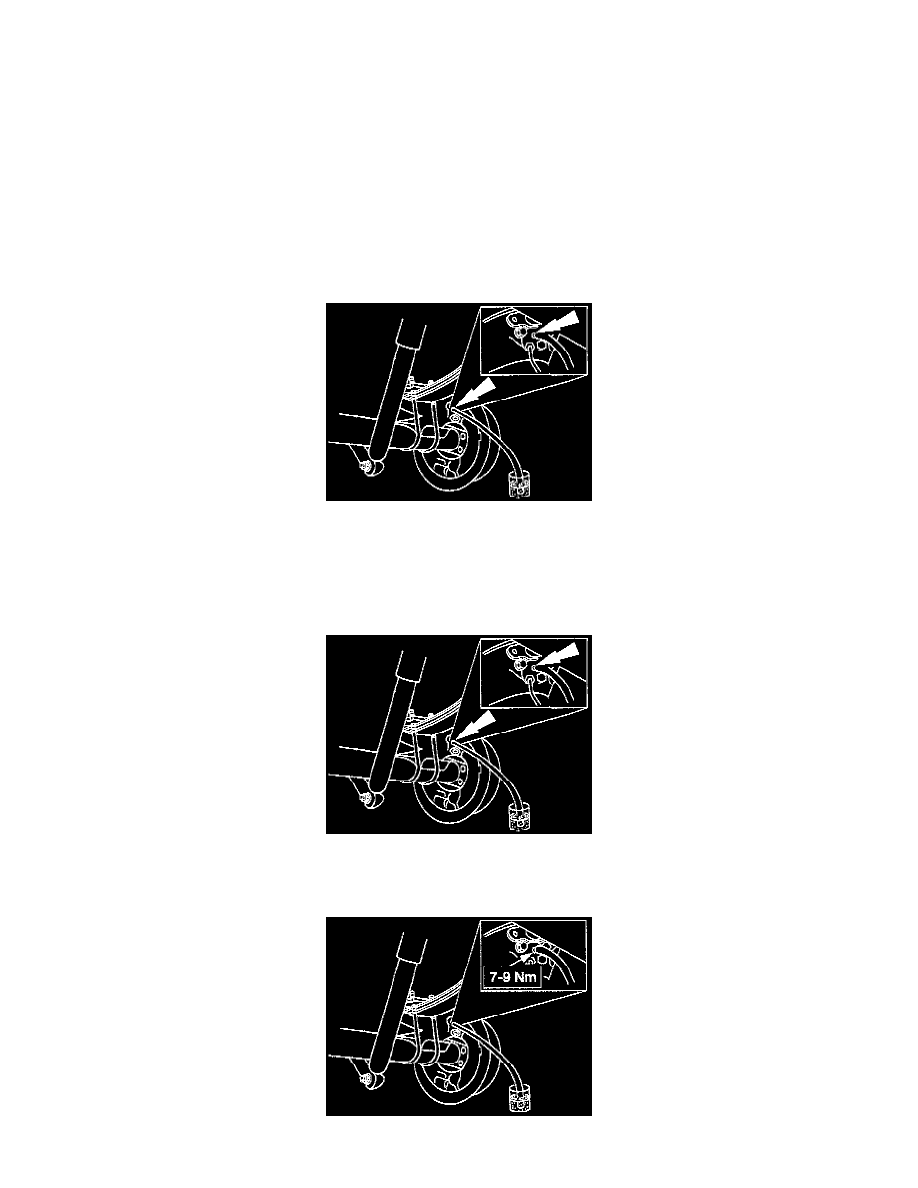F 150 2WD Pickup V6-4.2L VIN 2 (1997)

WARNING:BRAKE FLUID CONTAINS POLYGLYCOL ETHERS AND POLYGLYCOLS. AVOID CONTACT WITH EYES. WASH
HANDS THOROUGHLY AFTER HANDLING. IF BRAKE FLUID CONTACTS EYES, FLUSH EYES WITH RUNNING
WATER FOR 15 MINUTES. GET MEDICAL ATTENTION IF IRRITATION PERSISTS. IF TAKEN INTERNALLY, DRINK
WATER AND INDUCE VOMITING. GET MEDICAL ATTENTION IMMEDIATELY.
CAUTION:Do not allow the brake master cylinder reservoir to run dry during the bleeding operation. Keep the brake master cylinder reservoir filled
with the specified brake fluid. Never reuse the brake fluid that has been drained from the hydraulic system.
CAUTION:Brake fluid is harmful to painted and plastic surfaces. If brake fluid is spilled onto a painted or plastic surface, immediately wash it with
water.
NOTE: When any part of the hydraulic system has been disconnected for repair or replacement, air may get in to the system and cause spongy brake
pedal action. This requires the bleeding of the affected; portions of the hydraulic system after it has been properly connected. The hydraulic
system can be bled manually or with pressure bleeding equipment Brake Bleeder.
Wheel Cylinder Bleeder Screw
1. Connect a clear waste line to the wheel cylinder bleeder screw and submerge the free end of the tube in a container partially filled with clean brake
fluid.
Wheel Cylinder Bleeder Screw
2. Open the bleeder screw and cycle the brake pedal 25 to 30 times or until no more air is seen at the waste line.
Wheel Cylinder Bleeder Screws Torque Specifications
